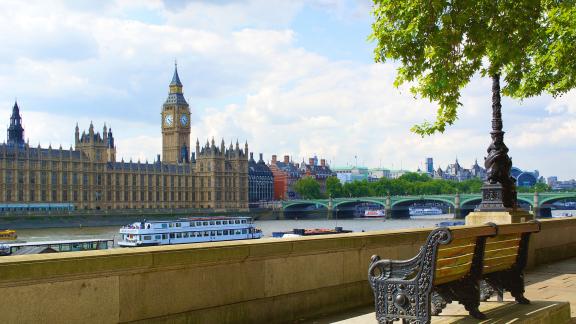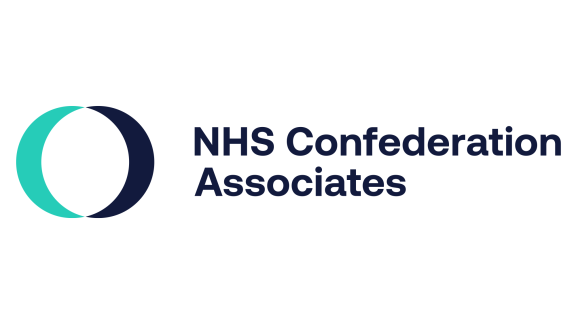Pre-election period: dos and don'ts for the NHS

Hints and tips for communications activity over the pre-election period.
What and when is the pre-election period?
The pre-election period (know previously as ‘purdah’) refers to the period shortly before an election or referendum when specific restrictions on the activity of public bodies, civil servants and local government officials are put in place.
6 May 2021 local and London elections
A number of elections are scheduled to take place on 6 May 2021, including those postponed in May 2020. They include:
- local council elections in England
- local and combined authority mayoral elections
- Mayor of London and London Assembly elections
- Police and Crime Commissioner elections in England and Wales
- Senedd Cymru/Welsh Parliamentary election
- Scottish Parliamentary election
You can find out what elections are taking place in your area here and the date the pre-election period commences as follows:
- Local elections – The latest date for pre-election period starting for local authority elections is 29 March.
- London Assembly – The latest date for pre-election period for London Assembly elections is 22 March.
- Mayoral and PCCs – The pre-election period commences 15 April.
- Scotland and Wales – The pre-election period commences 25 March.
What does it mean for the NHS?
The pre-election period has implications for NHS organisations, including the arm's-length bodies.
During this time, communications in the form of either announcements or activities by NHS organisations should be avoided if they could influence, or be regarded as influencing, the outcome of elections.
With health and care issues high on both the political and public agenda, here are our hints and tips for any communications activity during the pre-election period.
If in doubt, always refer to Cabinet Office guidance (PDF).
Do
- Confine your communication activities and announcements to those necessary for the safety and quality of patient care.
- Consider whether you will allow visits from all candidates/political parties/campaign groups/other politicians and what format they will take. It is your decision whether to invite them or not. If you do, remember to keep your policy around visits consistent and impartial
- Keep any communications with local candidates/political parties/campaign groups/other politicians to a factual and apolitical basis – apply the same approach to any communications with the media and in the public sphere.
- Continue to conduct normal business and adhere to good governance and regulation.
- Continue to plan campaigns post the pre-election period.
- Familiarise yourself with the official guidance from the Cabinet Office.
Don't
- Undertake any activity that could be considered politically controversial or influential, or could give rise to criticism that public resources are being used for party political/campaigning purposes. For example, allowing certain public awareness activities that could be deemed party political, market research and public rallies, and producing election materials or canvassing.
- Be selective if you are inviting local candidates/political parties/campaign groups/other politicians to your premises – invitations should be sent to all or none.
- Allow party political meetings to take place on your organisation’s premises.
- Allow visits by candidates/political parties, national and local politicians or campaign groups to your organisation to interrupt services or care for patients – make sure your staff are aware of any visits in advance.
- Launch large-scale PR campaigns during this period.
If you have any questions or need further information, please refer to Cabinet Office guidance (PDF).



